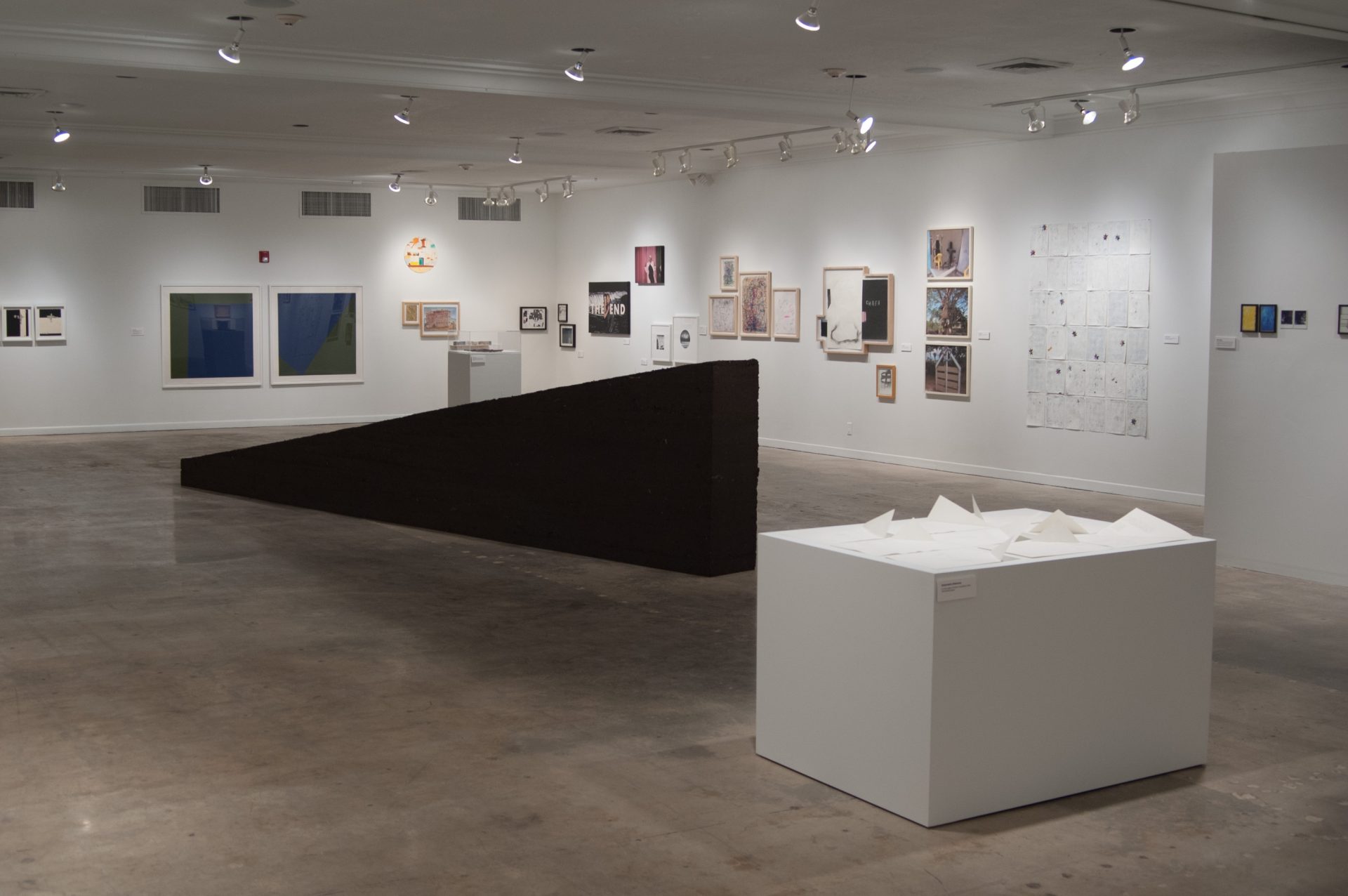MIT Program in Art, Culture and Technology (ACT): call for applications:
Joan Jonas giving a talk as part of the City as Stage, City as Process Lecture Series, 2009.
Call for applications
Massachusetts Institute of Technology (MIT)
Open House: October 15, 2012
(RSVP required)
Application Deadline: January 2, 2013
Program in Art, Culture
and Technology
School of Architecture and Planning
Massachusetts Institute of Technology
77 Massachusetts Avenue, E15-212
Cambridge, MA 02139
T 617 253 5229
“The MIT Program in Art, Culture and Technology (ACT) is an academic program and research center which facilitates artist-thinkers’ exploration of art’s broad, complex, global history and conjunction with culture, science, technology, and design via rigorous critical artistic practice and practice-driven theory.
This exploration occurs in the program’s academic offerings and the research of faculty, fellows, and guests in individual and collaborative forms and media including cinema, video, sound, performance, photography, experimental media and new genres, conceptual and spatial experiments, writings and publications. Critical thinking, knowledge mining, and creative engagement, along with explorations of changing public and private spheres, are of particular relevance.
This selective two-year program grants a Master of Science in Art, Culture, and Technology (SMACT). Artists and cultural producers with diverse backgrounds and experiences interested in rigorous and innovative transdisciplinary practice are encouraged to apply.
Applications are accepted through the Admissions Office of the MIT Department of Architecture. The application deadline is January 2, 2013. Portfolios should be submitted on CD or DVD according to specifications listed on the website.
Admissions information and portfolio specifications can be found here.
The online application can be found here.
Graduate Open House: October 15
Space is limited. Registration is necessary. Please email Laura Anca Chichisan at clauraa@mit.edu to reserve your seat.
Director and Associate Professor Renée Green‘s films, essays and writings, installations, digital media, architecture, sound-related works, film series and events engage with investigations into circuits of relation and exchange over time and the gaps and shifts in what survives in public and private memories as well as what has been imagined and invented. She also focuses on the effects of a changing transcultural sphere on what can now be made and thought.
Professor Emerita Joan Jonas is a pioneer of video/performance art. Her influence has been crucial to the development of contemporary art in many genres, from performance and video to conceptual art and theater. Her most recent work continues to explore the relationship of new digital media to performance.
Associate Professor Gediminas Urbonas‘s work frequently involves collective activities combining the tools of new and traditional media, such as workshops, lectures, debates, TV programs, Internet chat-rooms, and public protests that stand at the intersection of art, technology, and social criticism. The outcome is often the documentary recording of the activity or the collective production of an artwork.
Assistant Professor Azra Akšamija investigates the potency of art and architecture to facilitate the process of transformative mediation in cultural or political conflicts, and in so doing, provide a framework for researching, analyzing, and intervening in contested socio-political realities. Recent projects focus on representation of Islamic identities in the West, spatial mediation of identity politics, and cultural pedagogy through art and architecture.
Professor of the Practice Antoni Muntadas addresses social, political, and communications issues such as the relationship between public and private space within social frameworks in media such as photography, video, publications, the Internet, installations, and urban interventions.
Florian Hecker deals with specific compositional developments of post-war modernity and electroacoustic music as well as other, non-musical disciplines.
Angel Nevarez is an artist, musician, and DJ whose interests lie in the formation of mobile, performative, and discursive-based social spaces, along with the re-articulation of communicatory systems within such locales.
Jesal Kapadia is an artist who employs mediums such as the book, the archive and the photograph, as well as film, video, and performance to explore the potential forms of non-capitalist subjectivities.


